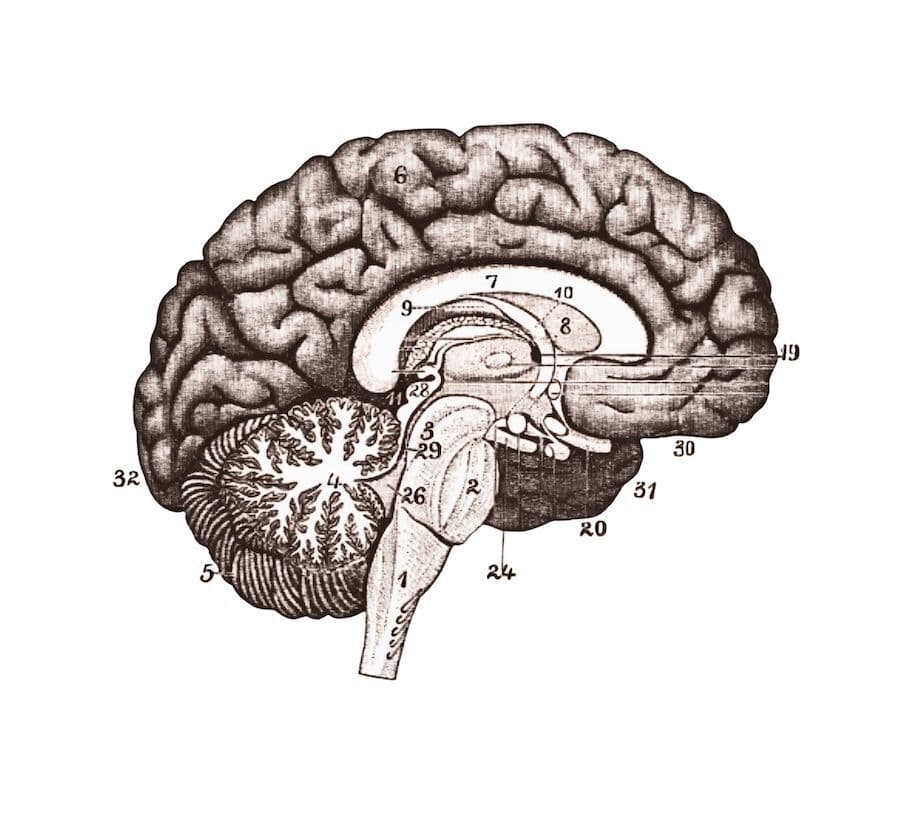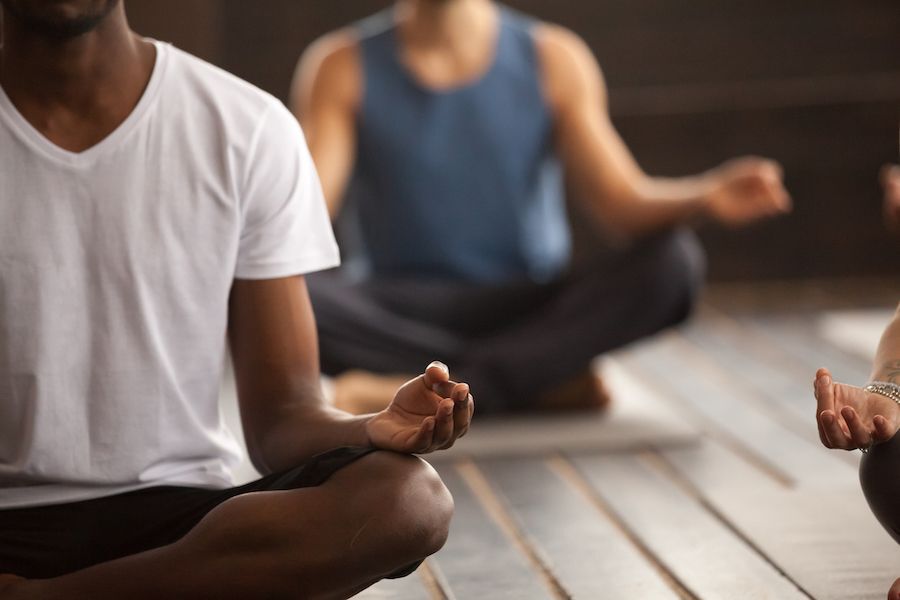What is meditation?

Meditation helps to relax and calm the mind and body. There are different types of meditation. Most types of meditation have four basic parts:
- A quiet location
- A comfortable position (sitting, standing, lying and even slow walking.)
- Focused attention (on an object, on your breath, on a word or phrase etc.)
- An open attitude without judgment
What is meditation good for?
Meditation can help with feelings of stress, anxiety, and depression. It can help you feel calm and peaceful. It can help you with the stress of having a medical condition. Some research suggests it can help with the following conditions:

- Age-related cognitive decline
- Anxiety
- Cancer symptoms
- Depression
- Eating disorders/weight loss
- Heart disease
- Pain
- Sleep problems
- Smoking
- Recovery from substance abuse
What types of meditation are there?
There are many types of meditation. You can find one that is right for you. Here are a few of the most common types:
- Guided meditation (or guided imagery) uses images or visualization.
- Mindfulness meditation (or Mindfulness Based Stress Reduction) is based on having an increased awareness. It helps us accept living in the present moment. It uses both sitting and walking techniques.
- Transcendental meditation uses a mantra, such as a word, sound, or phrase. You repeat this silently in a specific way.
- Yoga, tai chi, and qi gong also use meditation techniques. These could be called moving meditation.
- There are many more!
Is meditation safe?

Yes, it is generally safe. People with physical conditions may not be able to participate in moving meditation or certain seated positions. Some individuals have increase anxiety with some types of meditation, you can discuss with your health care provider which method is best for you and initially get a meditation teacher, guide or coach.
How can I get started?
Find a teacher that you like. Ask your teacher about his or her training. Talk to your health care professional on approaches that might be best for you. You can also find meditation practices online. There are also apps you can use. Here are some possible resources:
- Mayo Clinic.
- UCLA Health
- University of Massachusetts Medical School
- University of Michigan Comprehensive Cancer Center
- Insight Timer https://insighttimer.com
Print Version
References/Resources
Mayo Clinic National Center for Complementary and Integrative Health University of Wisconsin, Department of Family Medicine and Community HealthGard T, Holzel BK, Lazar SW. The potential effects of meditation on age-related cognitive decline: A systematic review. Ann N Y Acad Sci. 2014;1307:89-103.
Khoury B, Knauper B, Schlosser M, Carriere K, Chiesa A. Effectiveness of traditional meditation retreats: A systematic review and meta-analysis. J Psychosom Res. 2017;92:16-25.
Khusid MA, Vythilingam M. The emerging role of mindfulness meditation as effective self-management strategy, part 2: Clinical implications for chronic pain, substance misuse, and insomnia. Mil Med. 2016;181(9):969-975.
Khusid MA, Vythilingam M. The emerging role of mindfulness meditation as effective self-management strategy, part 1: Clinical implications for depression, post-traumatic stress disorder, and anxiety. Mil Med. 2016;181(9):961-968.
Last N, Tufts E, Auger LE. The effects of meditation on grey matter atrophy and neurodegeneration: A systematic review. J Alzheimers Dis. 2016.
Mantzios M, Wilson JC. Mindfulness, eating behaviours, and obesity: A review and reflection on current findings. Curr Obes Rep. 2015;4(1):141-146.
Tang YY, Tang R, Posner MI. Mindfulness meditation improves emotion regulation and reduces drug abuse. Drug Alcohol Depend. 2016;163 Suppl 1:S13-8.
Ulrichsen KM, Kaufmann T, Dorum ES, et al. Clinical utility of mindfulness training in the treatment of fatigue after stroke, traumatic brain injury and multiple sclerosis: A systematic literature review and meta-analysis. Front Psychol. 2016;7:912.
Patient Education Materials
- Acupuncture
- ADHD
- Allergic Rhinitis
- Anxiety
- Aromatherapy
- Asthma
- Autism
- Back Pain
- Biofeedback Therapy/Training
- Breathing Techniques
- Cancer Symptoms
- Chiropractic
- Constipation
- Depression
- Diabetes
- Dyslipidemia
- Eczema
- Elimination Diet
- Fibromyalgia
- GERD
- Headache
- Healthy Diet
- Healthy Weight / Obesity
- Heart Disease
- High Blood Pressure
- Inflammatory Bowel Disease
- Insomnia
- Irritable Bowel Syndrome (IBS)
- Massage Therapy
- Menopause
- Menstrual Disorders
- Osteoarthritis
- Physical Activity
- Probiotics
- Progressive Muscle Relaxation
- Rheumatoid Arthritis
- Supplements
- Tai Chi
- Yoga